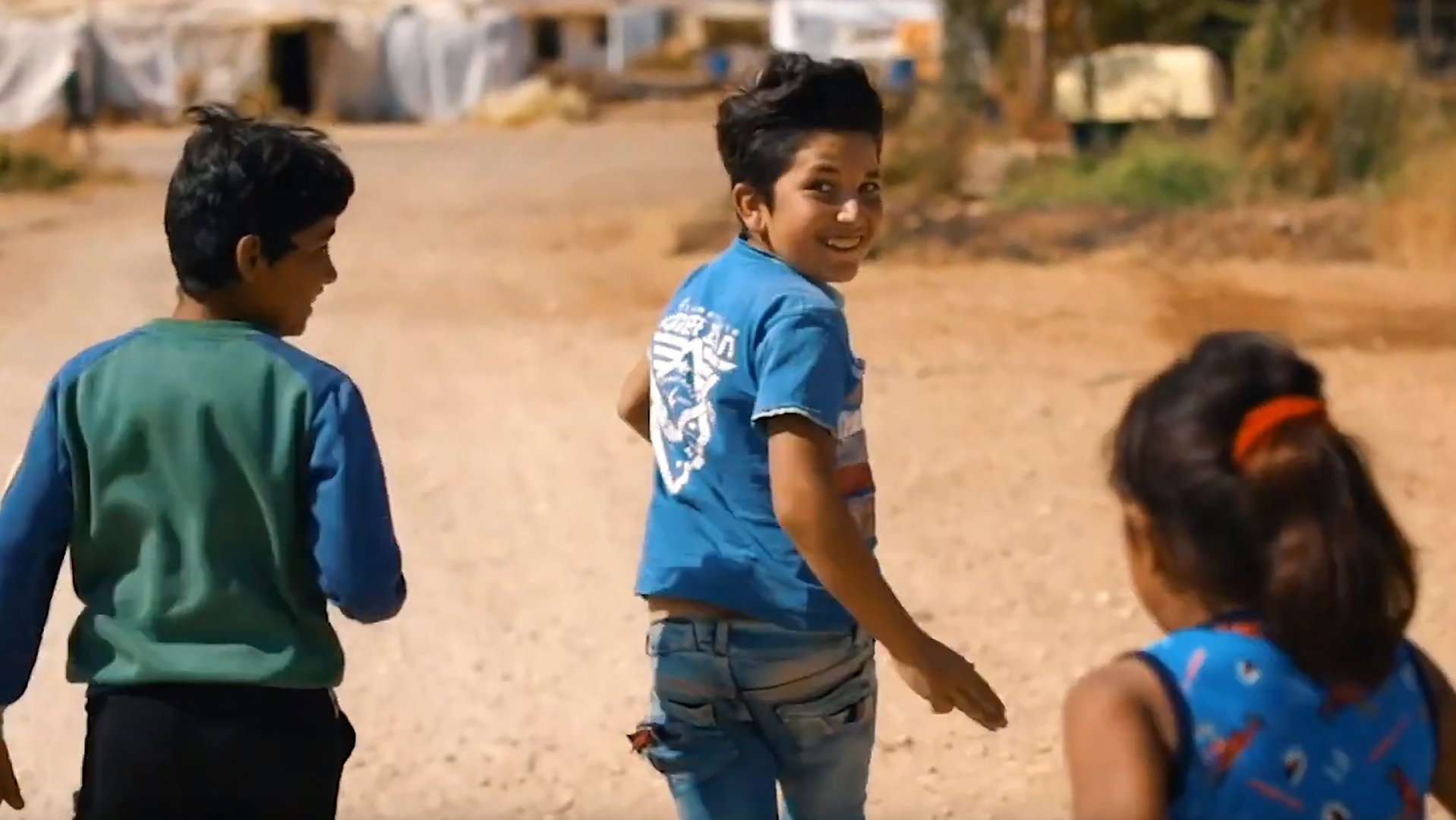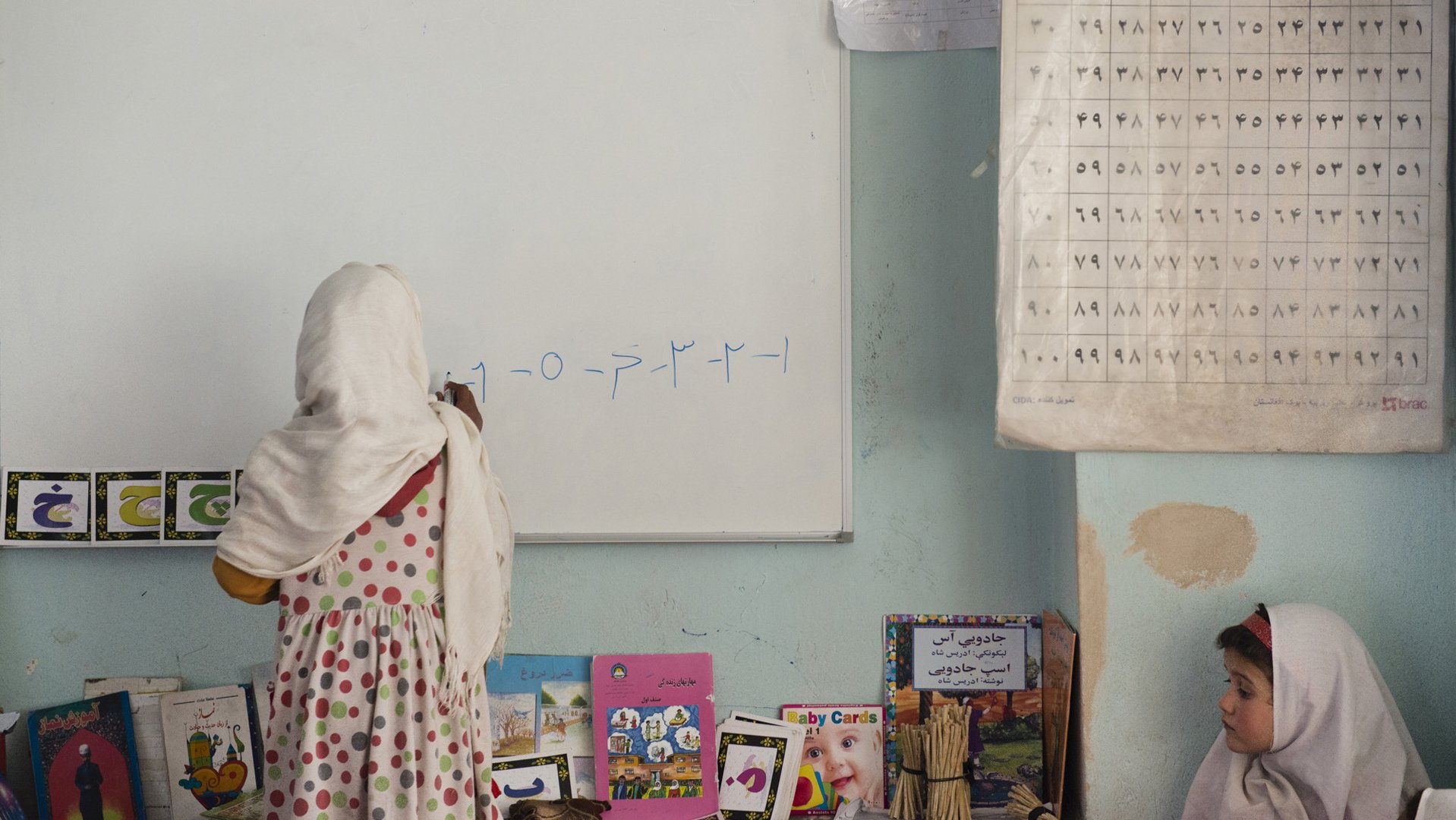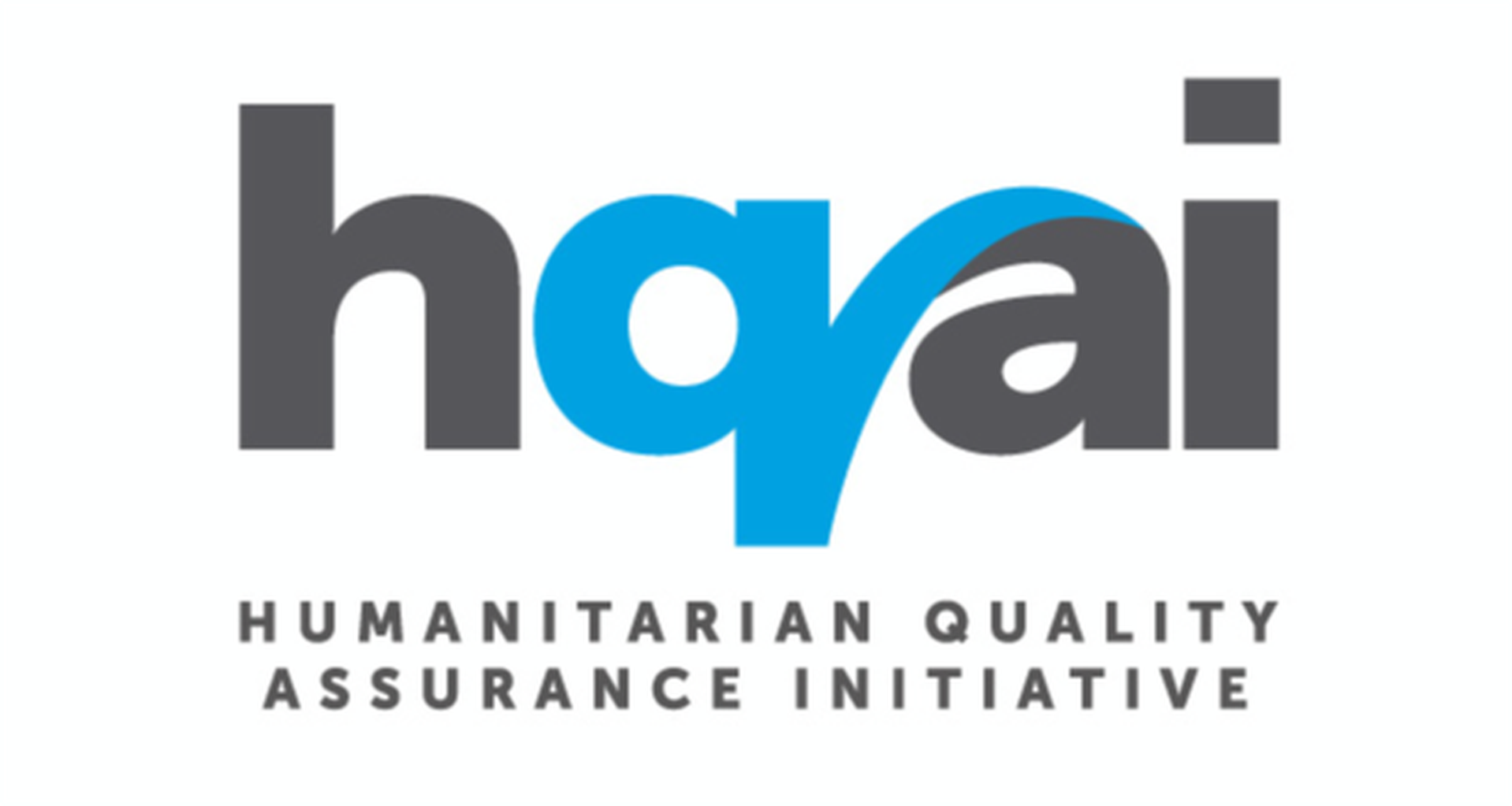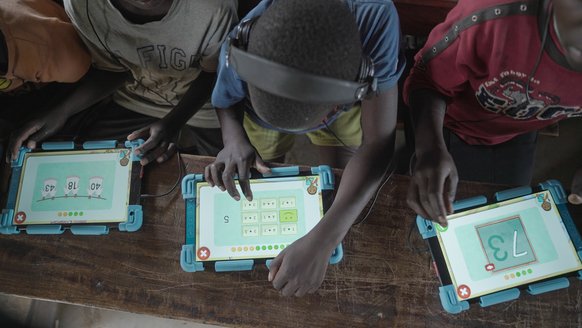Upholding quality
Identifying needs and priorities
Monitoring and evaluating our efforts ensures that our programmes are accessible to all and bring about meaningful change in the lives of children and youths, and their families. Before we roll out any programme we also undertake an analysis of the needs and priorities of the communities in which we work. This process sees children, young people and their communities analyse their situation and identify priorities for action. The findings provide a strategic focus for developing and implementing projects.
Giving children a space to speak up
Each one of our programmes is also subject to the highest standards of Monitoring and Evaluation (M&E) - incorporating a variety of online and offline tools for data collection and analysis. We also provide a space for children to tell us what they like about our programmes - and what they would like to change. This feedback allows us to adapt our programmes to children’s stated needs and priorities.

Children playing in Lebanon
Photo: War Child
Global Monitoring Framework
We use a Global Monitoring Framework to measure the outcomes and impact of our work with children. This framework allows us to compare the effectiveness of our programmes in different contexts through data that we can measure against a set of sector-specific indicators. Progress against these indicators is measured using both psychometric testing and proven approaches. We also monitor success through specially-developed tools that have been adapted for use with children in conflict-affected contexts.
Conflict sensitivity
We conduct our work in societies affected by armed conflict - where violence, inequality and ethnic tensions are part of daily life. Our work can potentially exacerbate these tensions through unintended negative impacts - which is why we employ a ‘Conflict Sensitive’ approach in all our programmes.
A conflict sensitive approach involves an understanding of the relationship between our interventions and the context in which we implement them - and actions to minimise negative impacts. We strive to negate these impacts and promote positive social outcomes for all communities we work with.

We support girls to reclaim their right to learn in Afghanistan
Photo: War Child
Minimum standards
War Child is committed to the sustained improvement of our programmes - and new ways in which we can be held accountable by affected populations. The internationally defined set of Minimum Standards represent an agreed consensus among global bodies on best practice in humanitarian responses.
We systematically apply and monitor the adoption of these standards in our programmes - in particular the Minimum Standards issued by the Inter-Agency Network for Education in Emergencies. We also adhere to the Minimum Standards on psychosocial support in emergency settings issued by the UN endorsed Inter-Agency Standing Committee.
Global bodies
The quality and relevance of our programmes is further reinforced through our participation in a number of global monitoring organisations dedicated to the highest standards of quality. War Child is a member of the Core Humanitarian Standard (CHS) alliance. The alliance sets out nine commitments that humanitarian organisations can use to improve the quality and effectiveness of the assistance they provide.
At the end of 2023, War Child received verification against the Core Humanitarian Standard by the independent auditing body HQAI. The independent verification is valid until November 2026. We are committed to the standard and the CHS improvement plan in preparation for the next reporting cycle.


